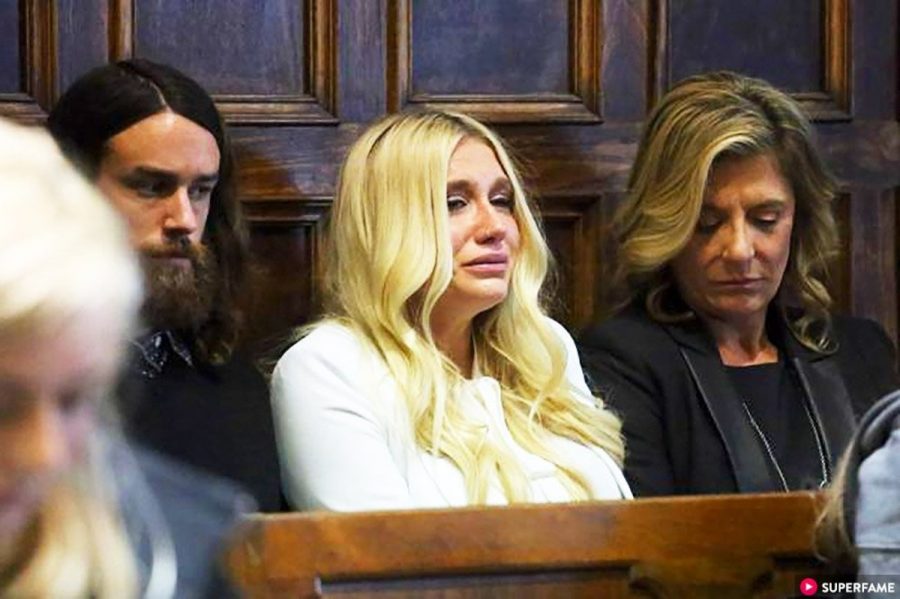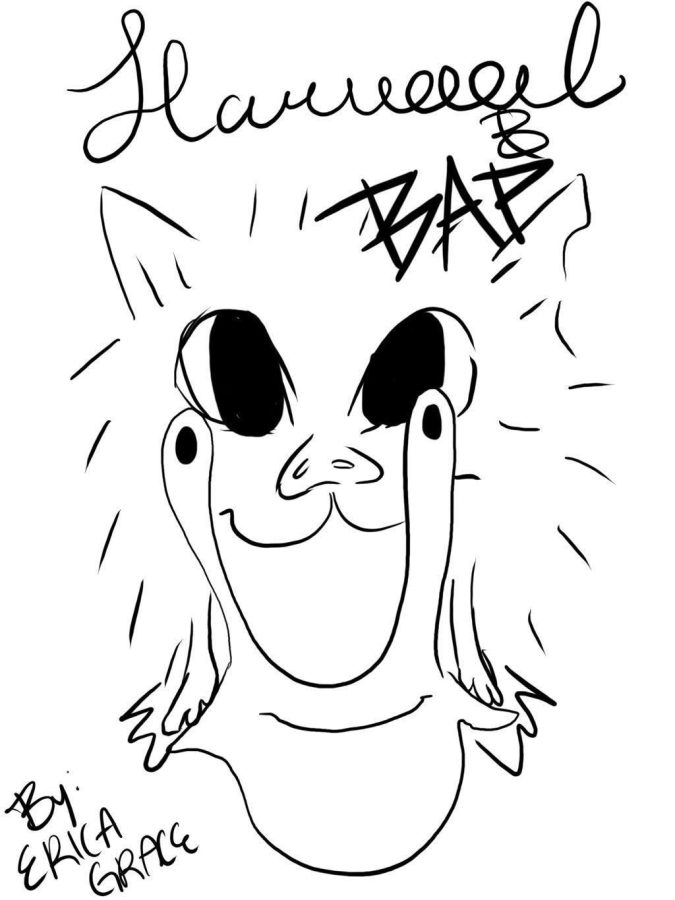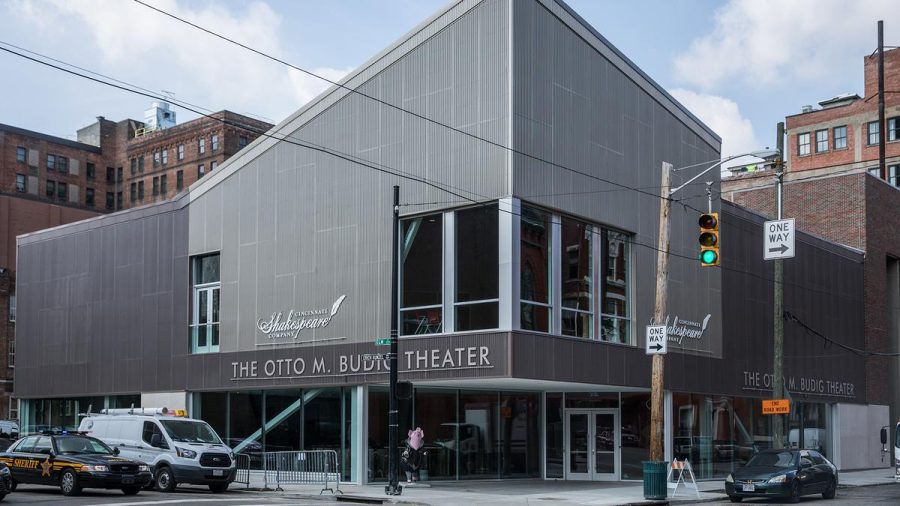By Hailey Spaeth ’17, Arts Editor
When pop star Kesha received the devastating news in court stating that she would still be required to work with her producer and alleged sexual abuser Dr. Luke on February 16th, social media blew up. After having allegedly suffered from his abuse since she was eighteen, Kesha finally filed a lawsuit against her boss at Sony Records in 2014. While the case is far from over (some court dates have been set as far a 2017), this denial from the court has sparked outrage from Kesha fans, feminists, abuse victims, and social justice advocates alike. The #FreeKesha campaign on Twitter has helped to bring awareness to Kesha’s story, and the photograph of her crying in the courtroom has gone viral. This widely known trial has caused many people to question the way alleged rape victims are treated by society as well as our entire criminal justice system.
Kesha, born Kesha Sebert, claims that ten years ago, Lukasz “Dr. Luke” Gottwald drugged and raped her. She also states that he has been abusing her mentally, physically, and emotionally ever since. At 29 years old, Kesha has been enduring this for nearly 11 years. When the case stated that Kesha is unable to make music with anyone besides Sony and Dr. Luke, social advocates fought back through Twitter and Instagram. For example, the Twitter account @Popcrave tweeted out a screenshot of a tweet that Dr. Luke had deleted. It was a picture of Kesha sleeping, with the caption “Damn my artists work hard!!!!!” Many people see the photo as creepy and say it supports the case that Dr. Luke has been drugging and abusing the pop star. Despite these strong allegations, Dr. Luke continues to deny, through Twitter, that he ever abused Kesha. He calls Kesha “a little sister” and claims he “never had sex with her.”
Sony has also been catching blame from outraged fans. The hashtag #SonySupportsRape has become nearly as popular as #FreeKesha. Kesha had many statements claiming that Sony allowed the abuse to continue happening and did little to prevent it. Although Kesha is unhappy with the label, her lawyer said she would be willing to work with Sony without Dr. Luke. For now, Kesha is prevented from making music until the court can make a final decision, which could be years from now.
This powerful social media movement has gained support from other stars in the music industry. Taylor Swift was said to have given $250,000 to Kesha in her time of need, which outraged fellow pop star Demi Lovato. Lovato felt as though Swift should have spoken out against sexual abuse instead of just personally donating to Kesha. The conflict between the two stars has only brought more spotlight onto Kesha’s plight. In addition, Lady Gaga has voiced her support for Kesha’s cause. Gaga’s performance at the Oscars, which occurred a week after Kesha’s hearing, reminded many people of Kesha’s case. She sang her song “Til It Happens to You”, from a documentary about rape on college campuses, joined by dozens of sexual abuse victims standing on stage with her. Margaret Cho, Fiona Apple, Ariana Grande and Lorde have also spoken out in support of Kesha’s cause.
For Kesha, this legal battle is far from over. But the number of people that have spoken out in support of Kesha reveals the power of networking apps to enact social change. This platform for reform has allowed people to coordinate rallies and petitions to help the pop singer’s cause. Ultimately, Dr. Luke’s fate is up to the Supreme Court, but Kesha now has a strong support system behind her that may have to power to enact not just social but legislative change.
Sources:
http://www.billboard.com/articles/business/6882926/what-next-kesha-dr-luke-court-schedule
http://www.people.com/article/kesha-court-hearing-protest-rescheduled
Image Source: http://superfame.com/post/madison-beer-maggie-lindemann-fight-twitter/






